-Article written by Julie R. Thompson for Huffpost.com
Cooking for others is an altruistic act, but also so much more.
Performing an act for another human being, like cooking for them, is a form of altruism. And altruism can make people feel happy and connected to others.
“There’s a tremendous amount of confidence-boosting and self-esteem boosting, performing an act like cooking for others,” explained Julie Ohana, a licensed masters clinical social worker and culinary art therapist. “And that’s part of what lends itself to those psychological effects about being able to do something that you feel really good about.”
But when it comes to cooking there’s this other element of actually feeding someone, which is necessary for survival, that comes into play. Cooking for others is nurturing, it is sustenance, it is helping keep them alive.
Cooking is a form of nurturing.
Giving to others fills us in so many ways,”explained Michal AviShai, a culinary arts therapist who has an MA in art therapy from Lesley College. “And even more so when it’s cooking because feeding fulfills a survival need, and so our feeling of fulfillment comes not only from the good of the act of giving, but also the fact that we have ‘helped’ in some very primal way. We have given fuel.”
“You’re providing instrumental social support by providing them with food, with sustenance, with something they need to survive,” Matthew Riccio, National Science Foundation Graduate Research Fellow, told HuffPost.
And participating in an activity like that “can help to encourage a sense of trust, community, meaning, purpose, belonging, closeness, and intimacy. ― all of which have been linked to things like increased happiness, decreased depression, and greater/more positive overall wellbeing,” explained Riccio.
Cooking for others also helps bond us to our loved ones and fellow humans. Michael Pollan said it best when he told The Boston Globe, “Cooking gave us the meal and the meal gave us civilization.” And feeling connected to others can have great effects, like living a longer life and increased happiness.
Cooking can create bonds.
“If you’re cooking for someone, even if they’re not present during the act, it can absolutely bring a sense of closeness in that you’re expressing your love and your care for someone,” shared Riccio.
“It’s a very intimate activity. And providing them with something that they potentially need, you’re really showing them that they have your support, your love, your backing, and that’s the kind of thing that really, really promotes well being, positive growth and closeness within relationships,” elaborated Riccio.
And creating relationships and sustaining them is a crucial part of leading a flourishing life. Just like with food and water, for humans making connections is one of our basic needs. And cooking for others helps us build and strengthen those connections.
“Cooking for others creates and affirms a primary bond. It can therefore be a very fulfilling and meaningful deed,” Ayelet Barak Nahum, culinary art therapist with a Ph.D. from the Bob Chapell School of Social work at the Tel Aviv University, told HuffPost. Plus, she said, “It can provide a means for social acceptance and create a feeling of belonging to a community.”
Cooking is a form of self-care.
The actual act of making sustenance for yourself and taking the time to feed your body is significant.
“There’s a self-care element in cooking,” says Nedra Shield, a licensed independent clinical social worker at the Northampton Center for Couples Therapy. “If you’re cooking good food for yourself or things that make you feel good, cooking can literally be nourishing to yourself and that’s important.”
Think about it: not only does cooking for yourself help you eat more healthfully because you’re not eating out, but it also sends yourself a message that you are important.
Cooking can also help raise self-esteem and confidence.
“When working with kids with social difficulties, I have seen that cooking can help raise their self-esteem wonderfully,” shared AviShai. And confidence is an important part of self-care.
Cooking is a practice of mindfulness.
By now most of us have heard of the wonders of incorporating mindfulness into our lives. The benefits run the gamut from improving concentration to reducing stress to encouraging healthy lifestyles. “There is tons of evidence that mindfulness is good for your mental health,” shares Shield.
“So if you’re cooking mindfully, it can be extremely therapeutic. And cooking is one of those tasks where it can encourage you to really focus,” explained Shield.
Cooking and distraction don’t go well together. If you lose your focus things can easily go awry: walk away for a minute and you can burn the onions, check in with your phone and your pasta water can overflow.
Cooking can do more than help us practice mindfulness, it can also help us make meaningful connections ― not only with the people we’re cooking with or for, but people from our pasts as well.
Ohana explains, “Time spent in kitchen lends itself to being introspective. All the senses are tied to a cooking experience, and memory is connected to the sense of smell. When you’re in a kitchen and your cooking something, it can bring up the memory of a dish you used to eat with your grandparents. People are easily drawn back to those memories as they cook, and there are a lot of those memories. That’s why cooking can be especially therapeutic.”
Reconnecting with those memories, especially if happy, can be extremely positive. Some scientist suspect they could be powerful enough to be used as an effective treatment for depression.
“That’s one of the interesting things about cooking, is that if you look at all the psychological benefits, there’s a cumulative effect: it’s self care, it’s taking care of others, it’s physical care, it’s mindfulness, and it hits on meeting basic needs for yourself and others. There are a lot of pieces that come into cooking a meal for others,” Shield sums up.
Cooking brings us together, and it continues to create communities ― and with community comes feelings of connection and happiness. Now all you have to do is find the time to incorporate cooking into your busy life, but at least you have all the motivation you’ll ever need.

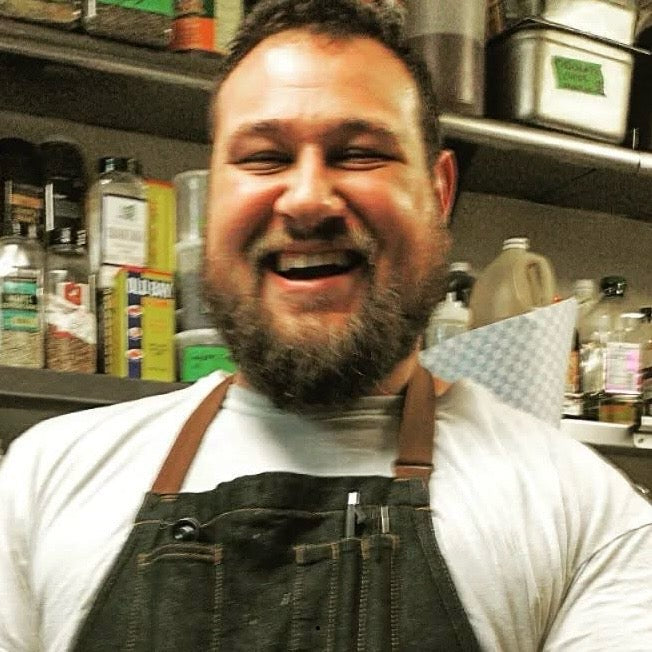
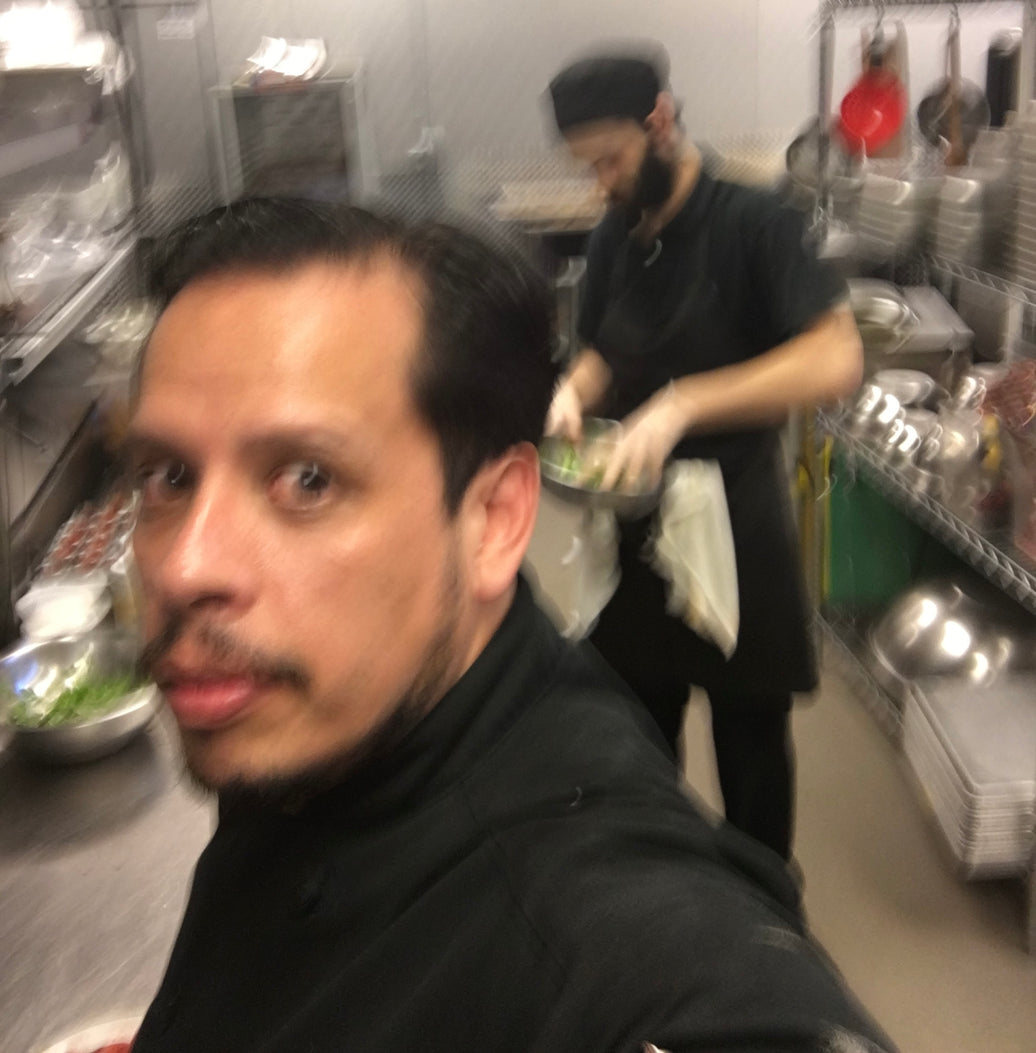
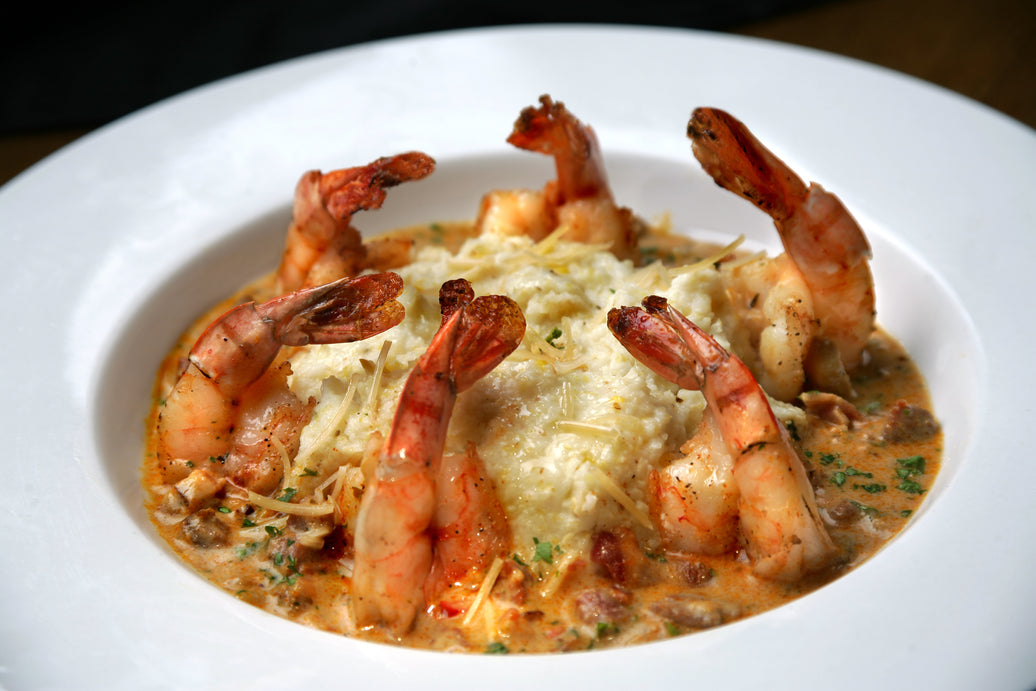

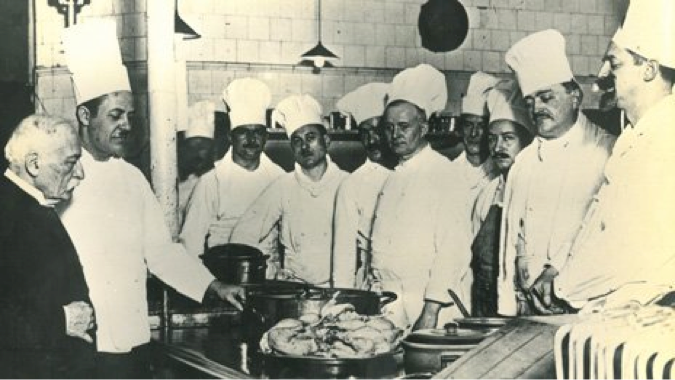
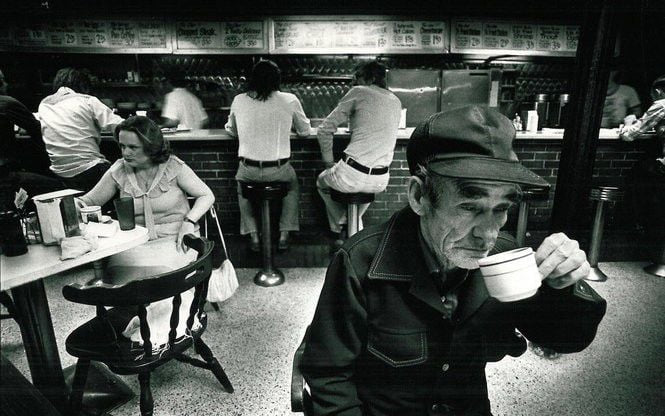
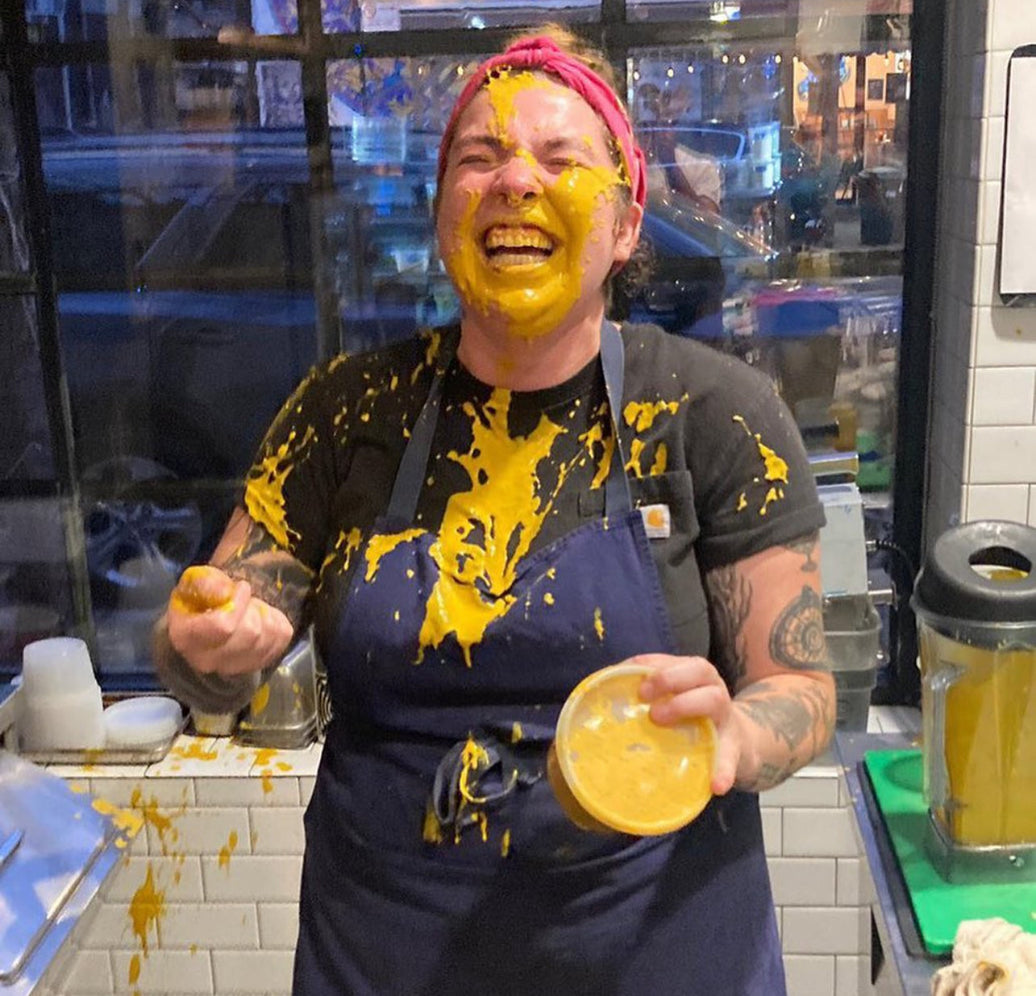
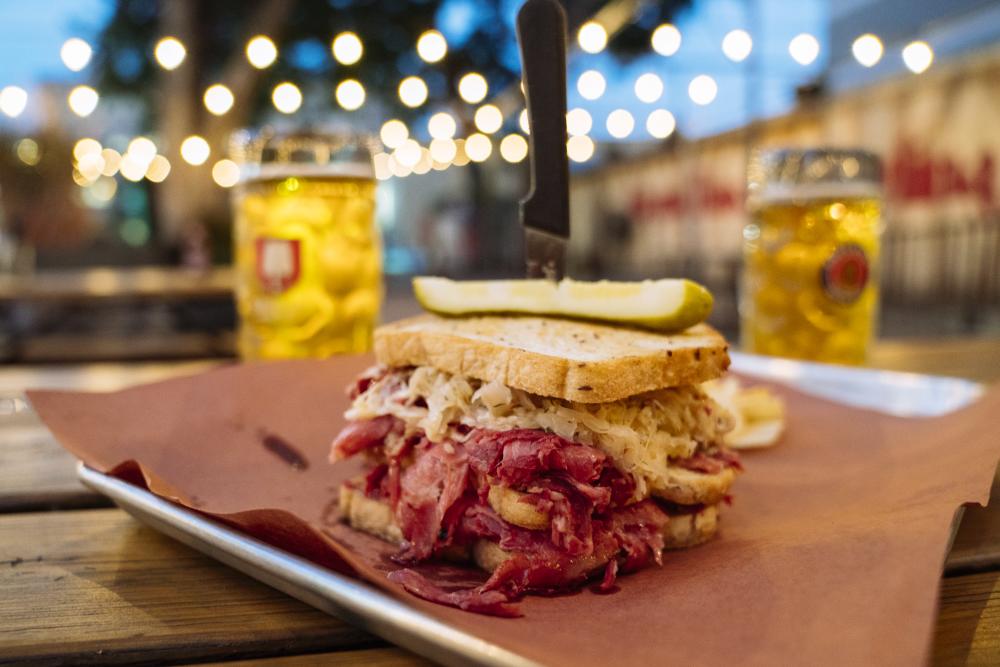
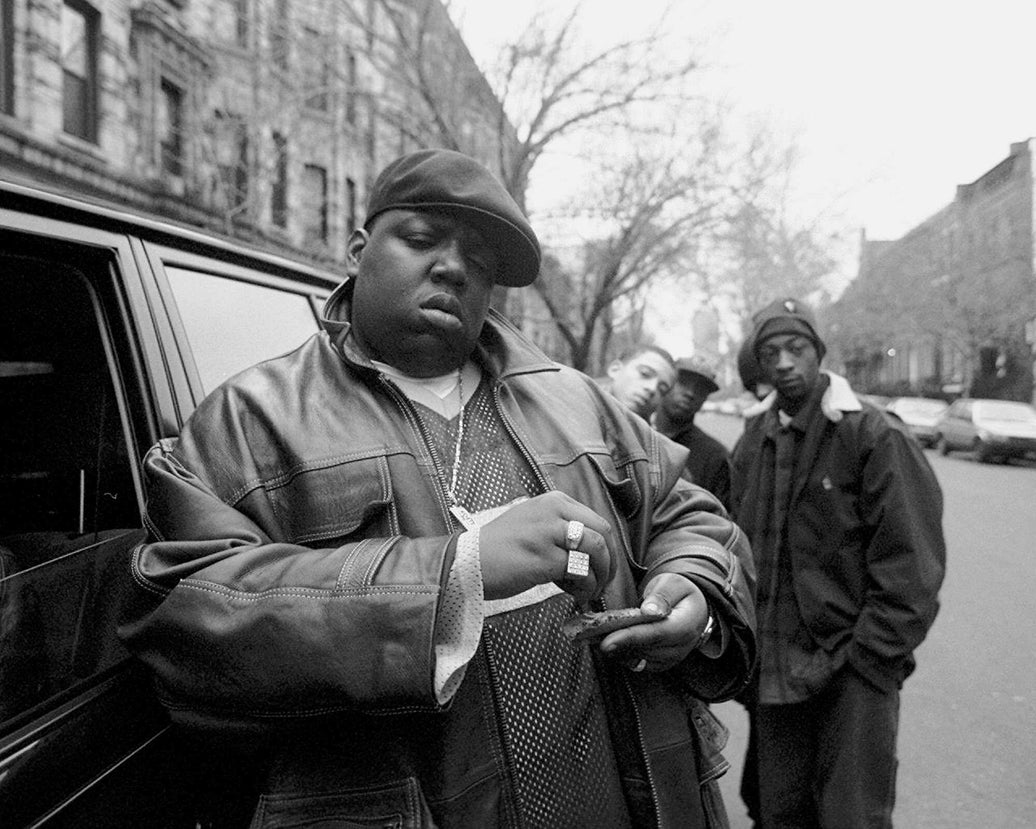
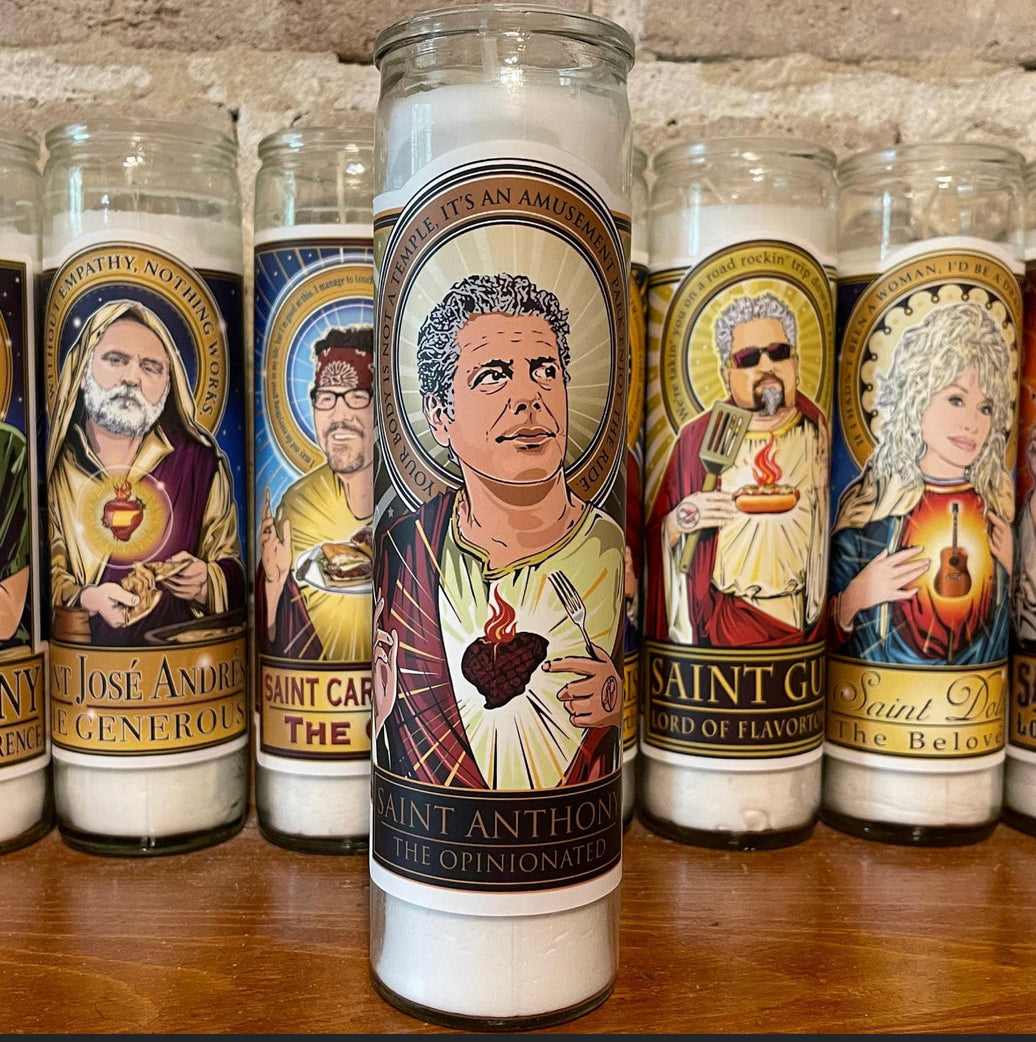

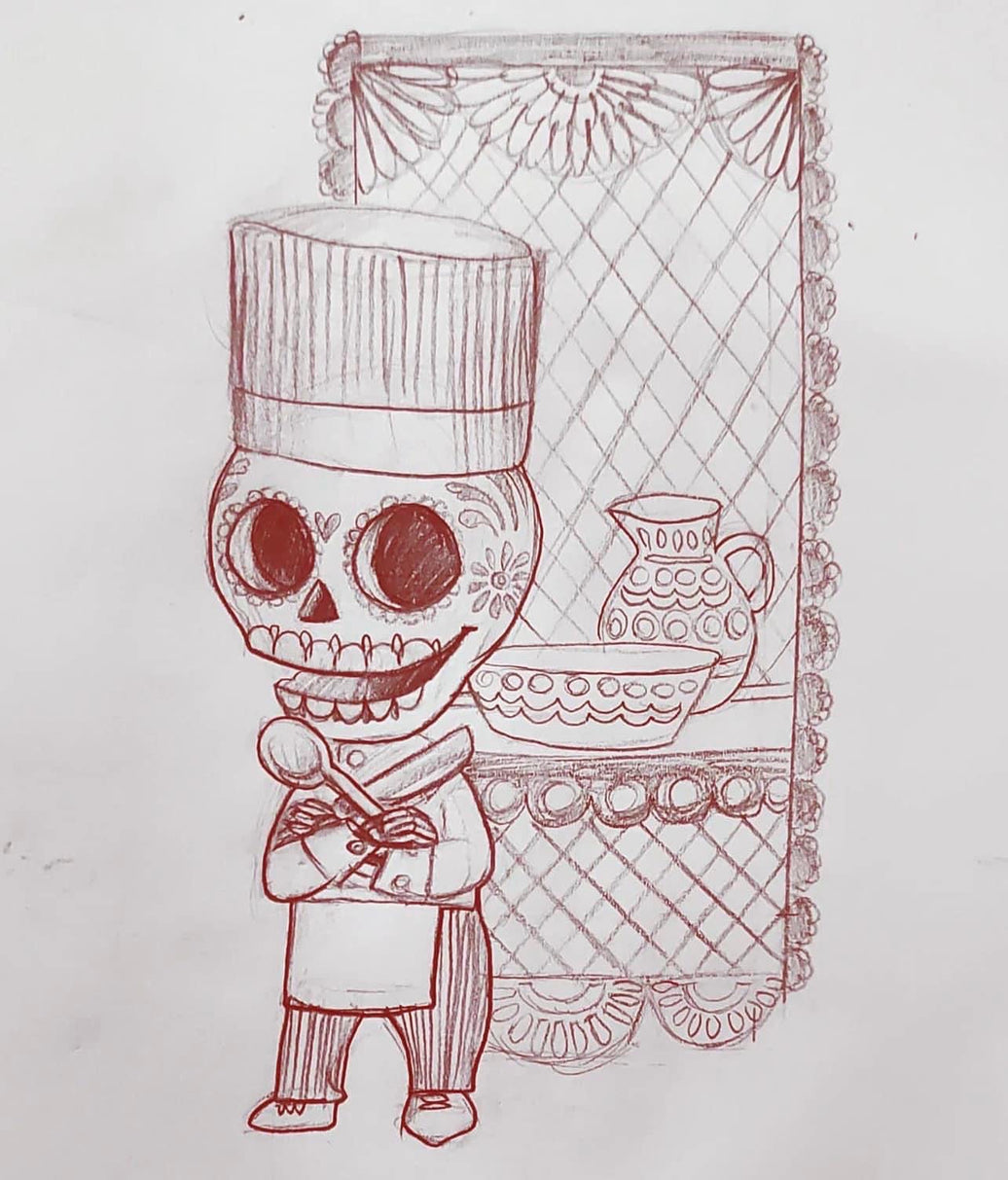
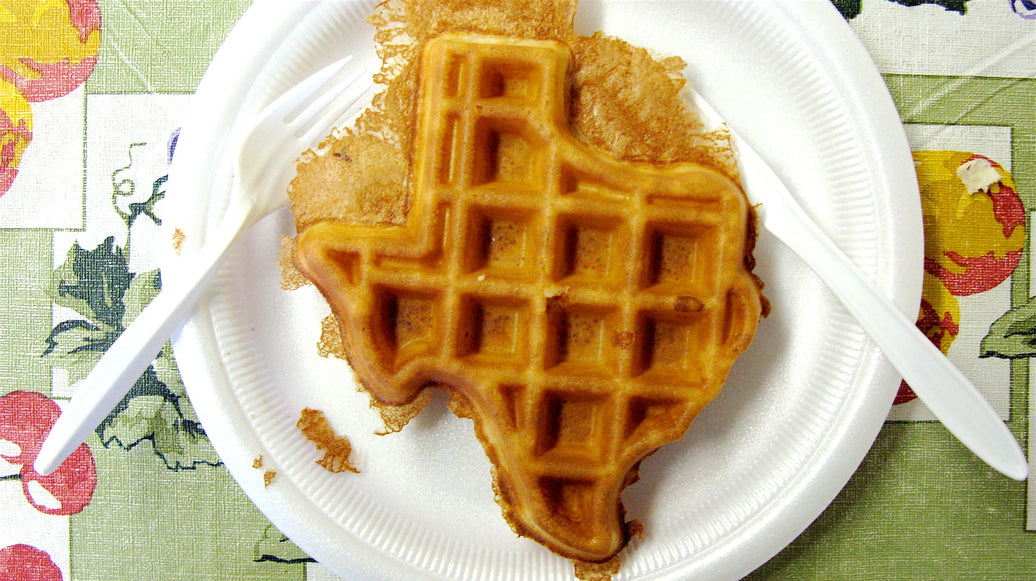
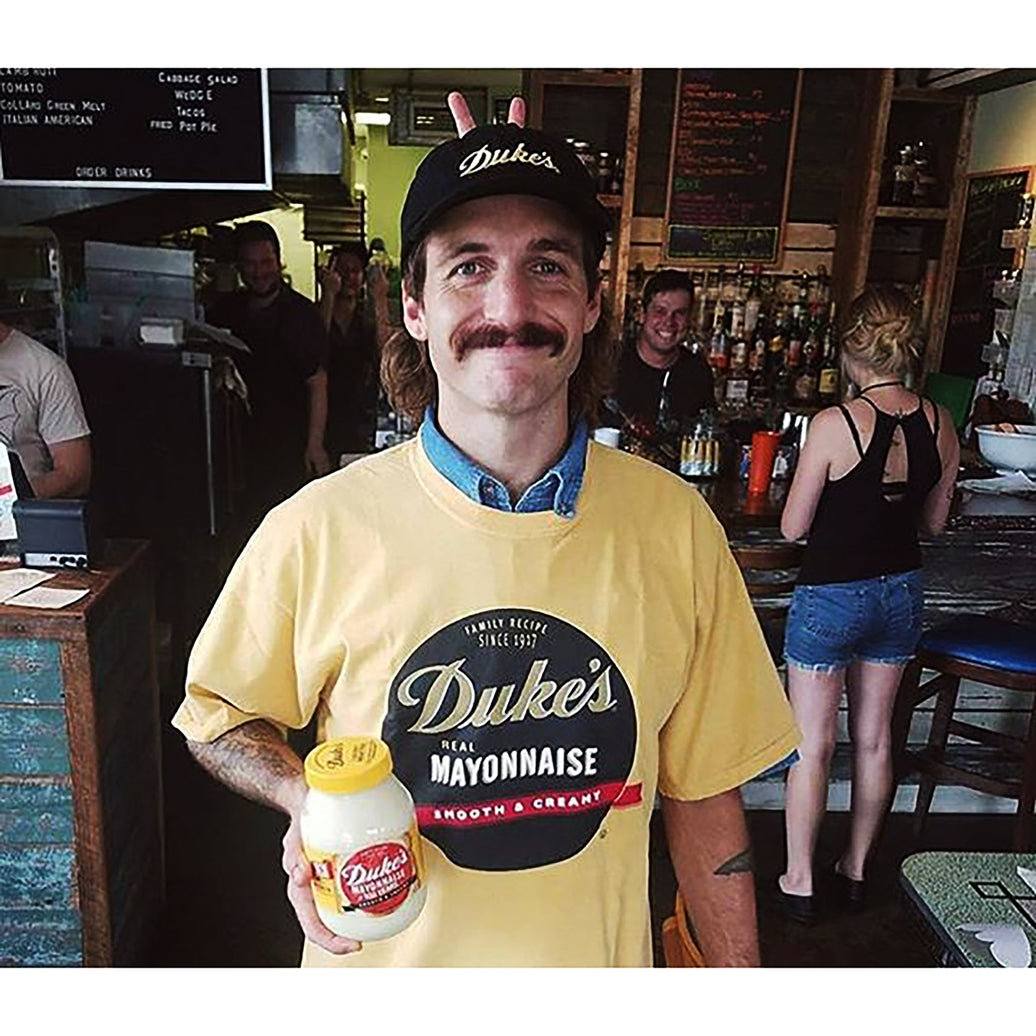

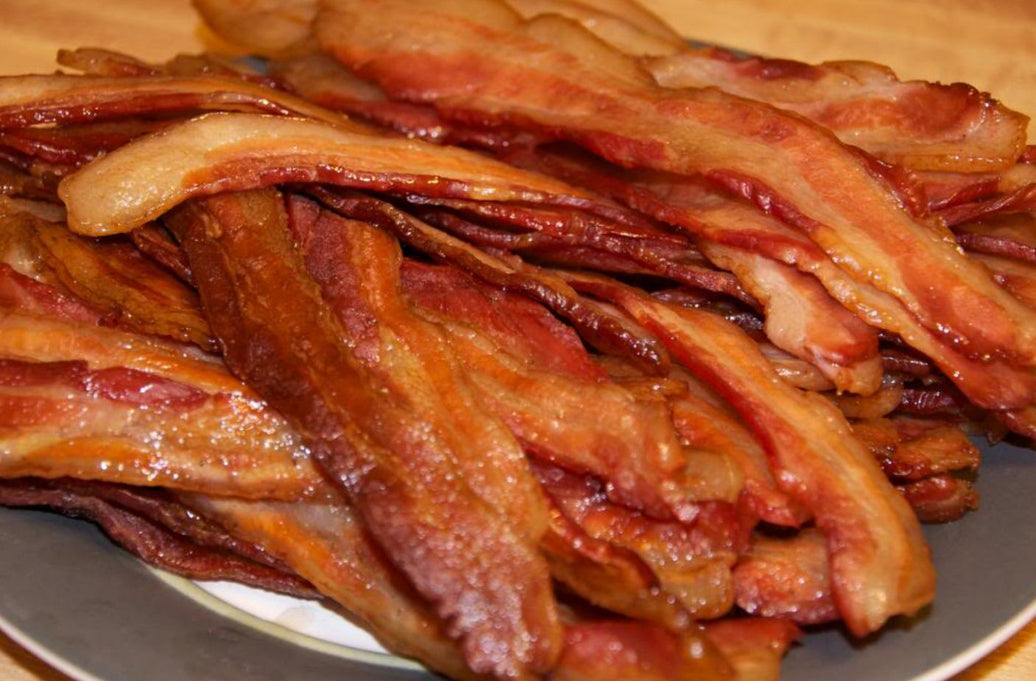
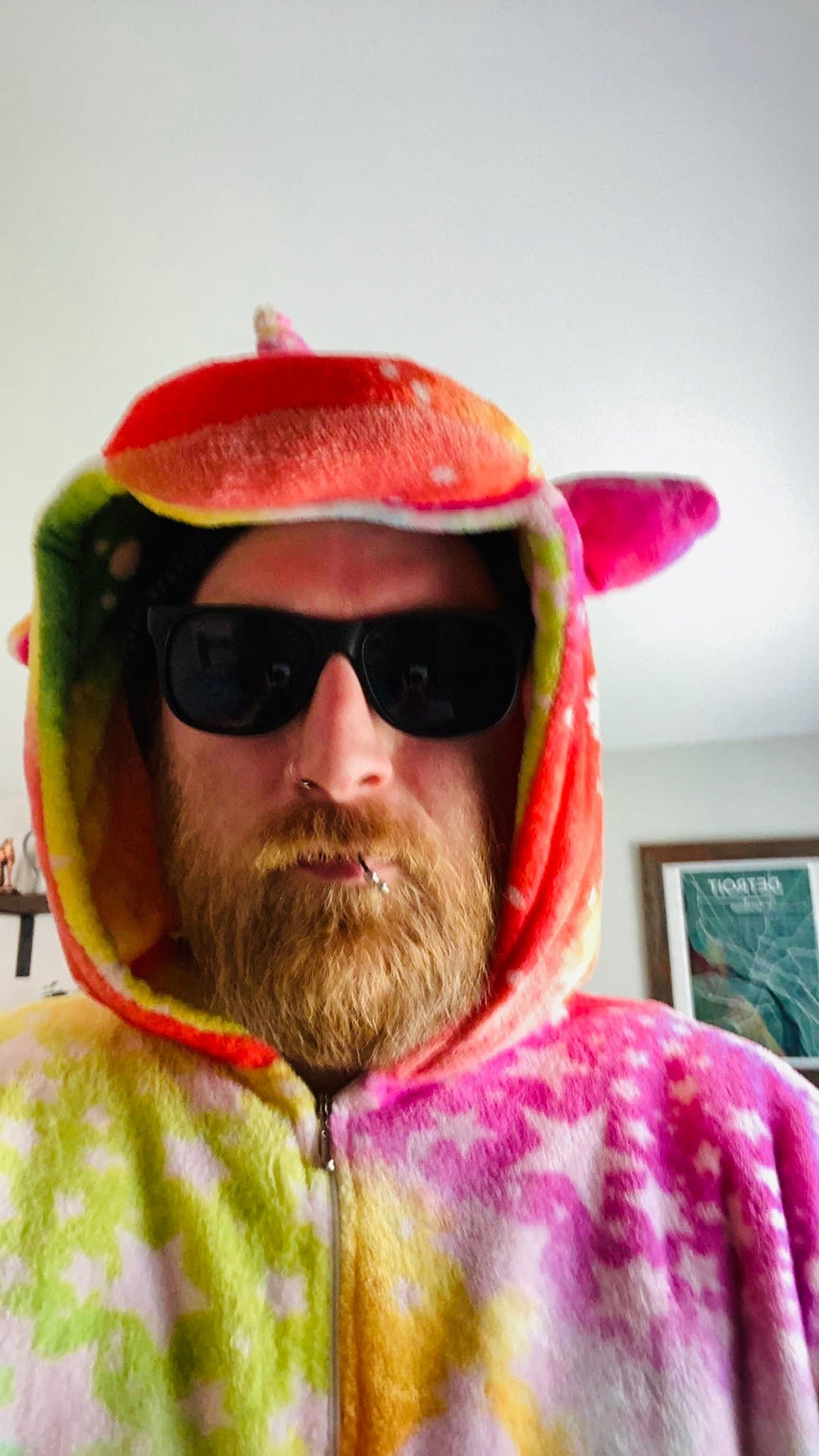

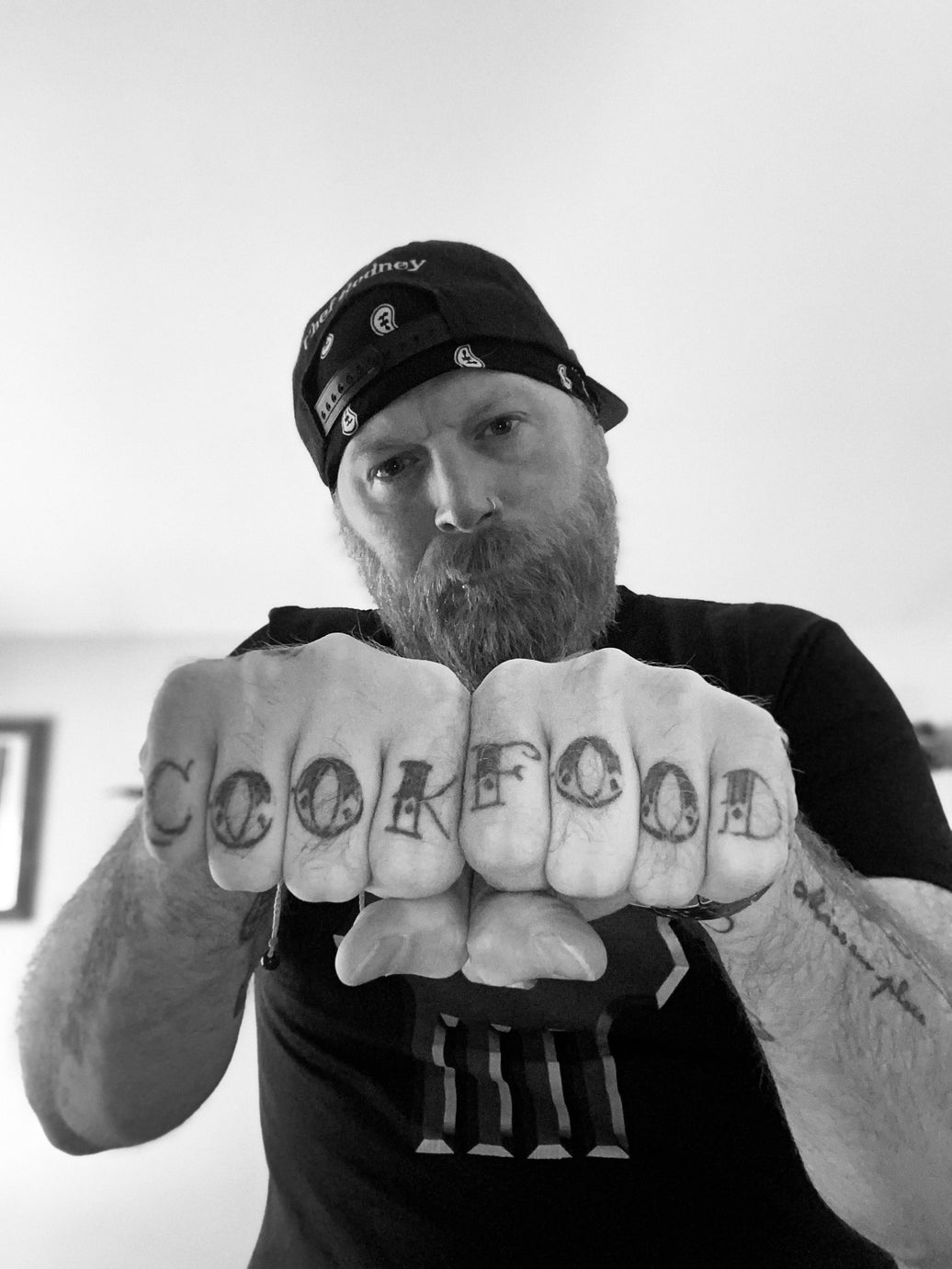
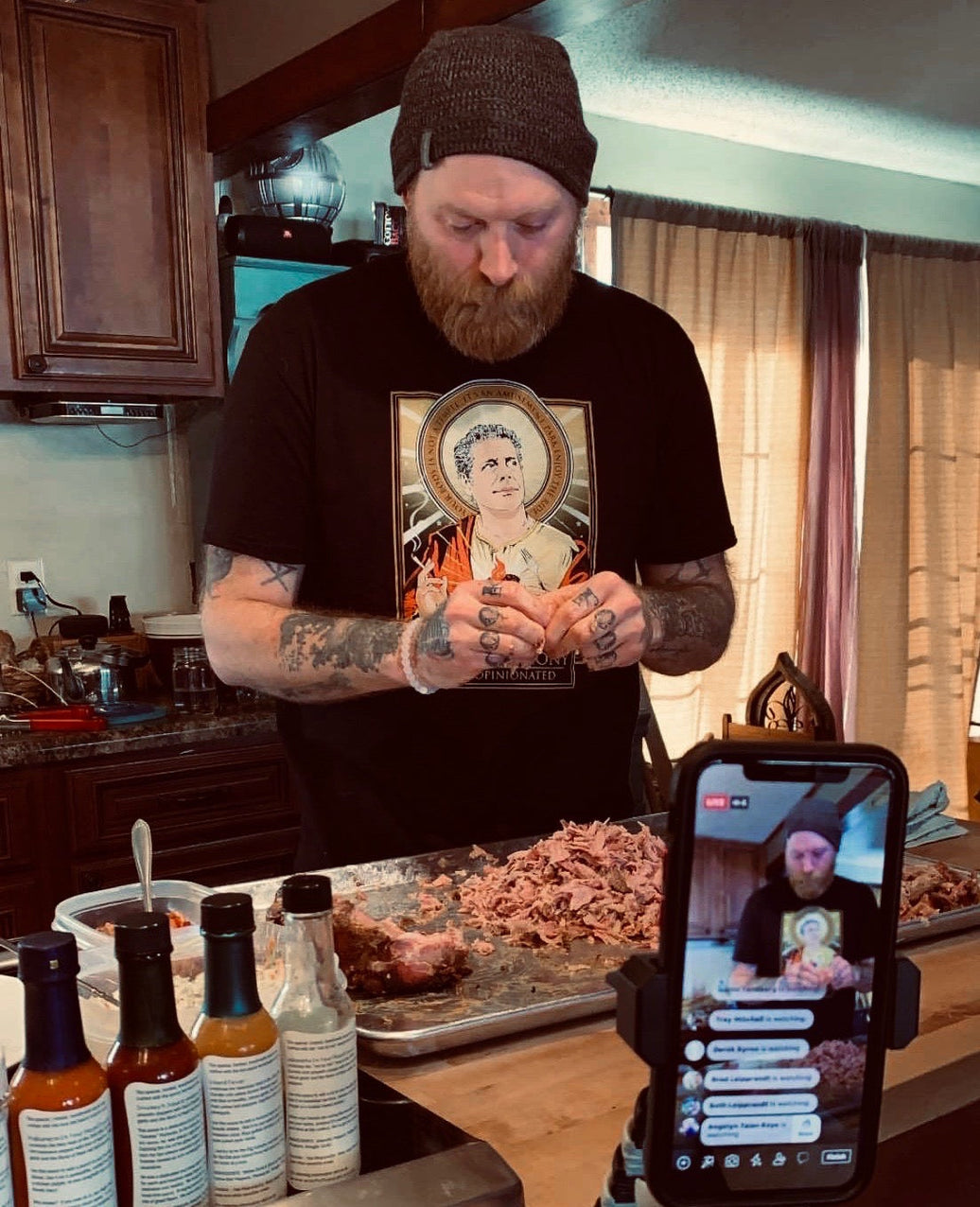

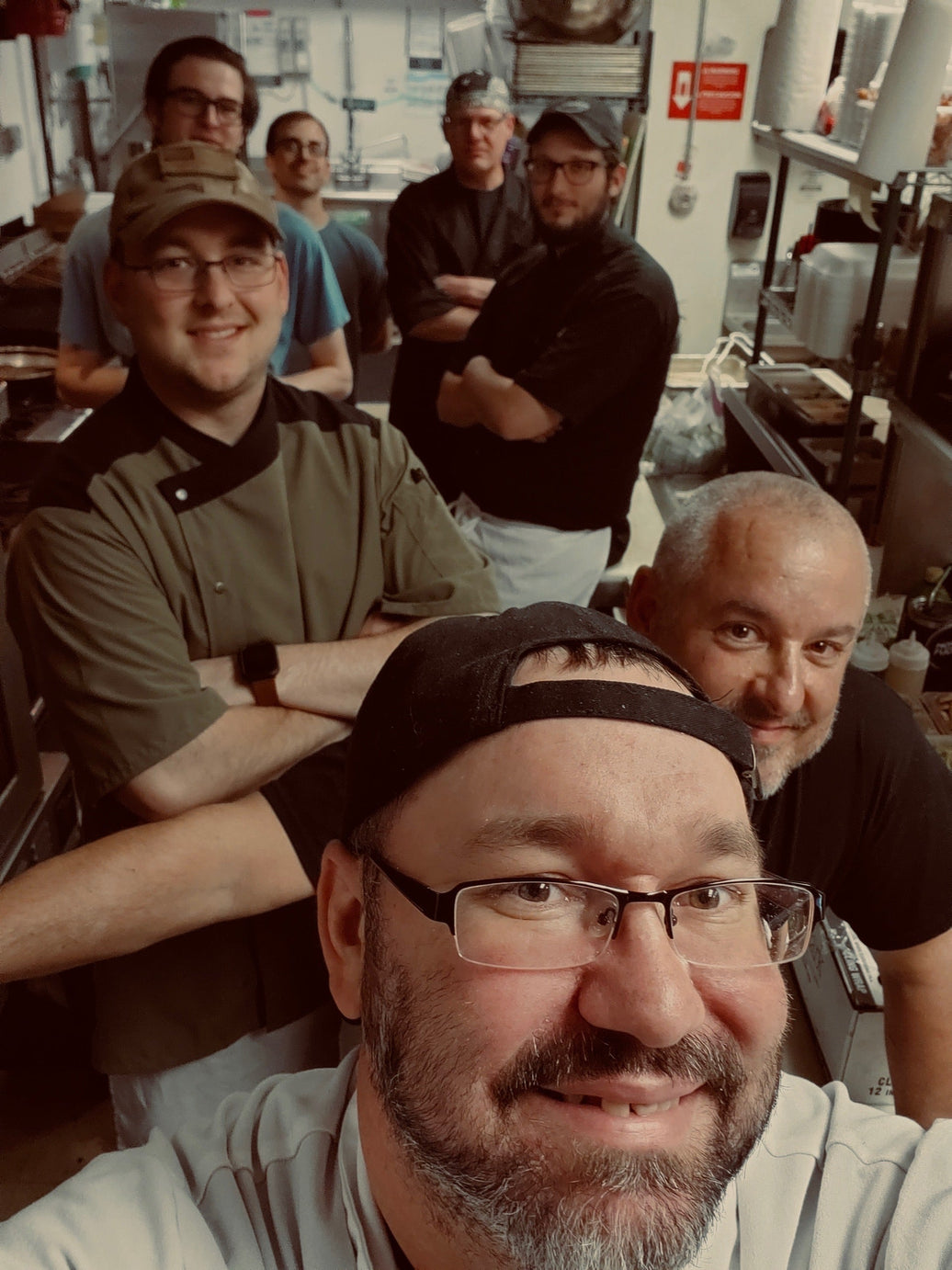
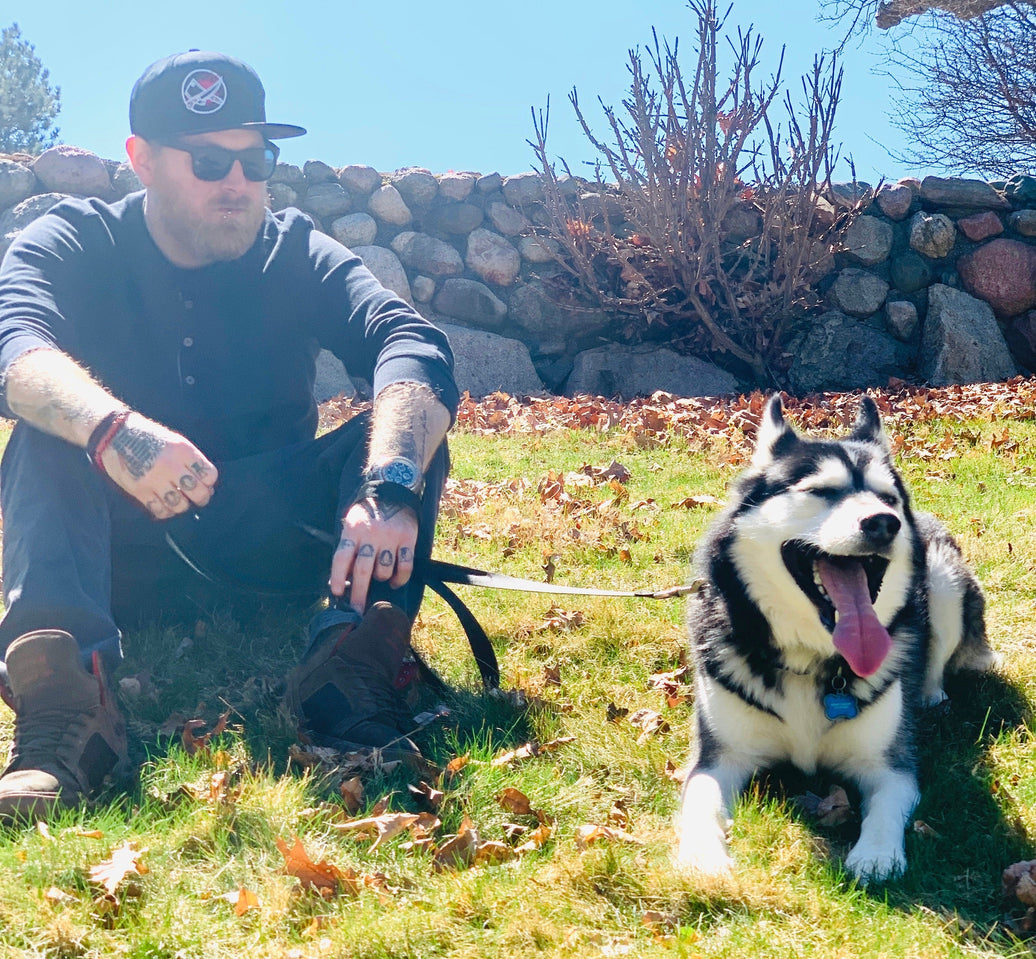

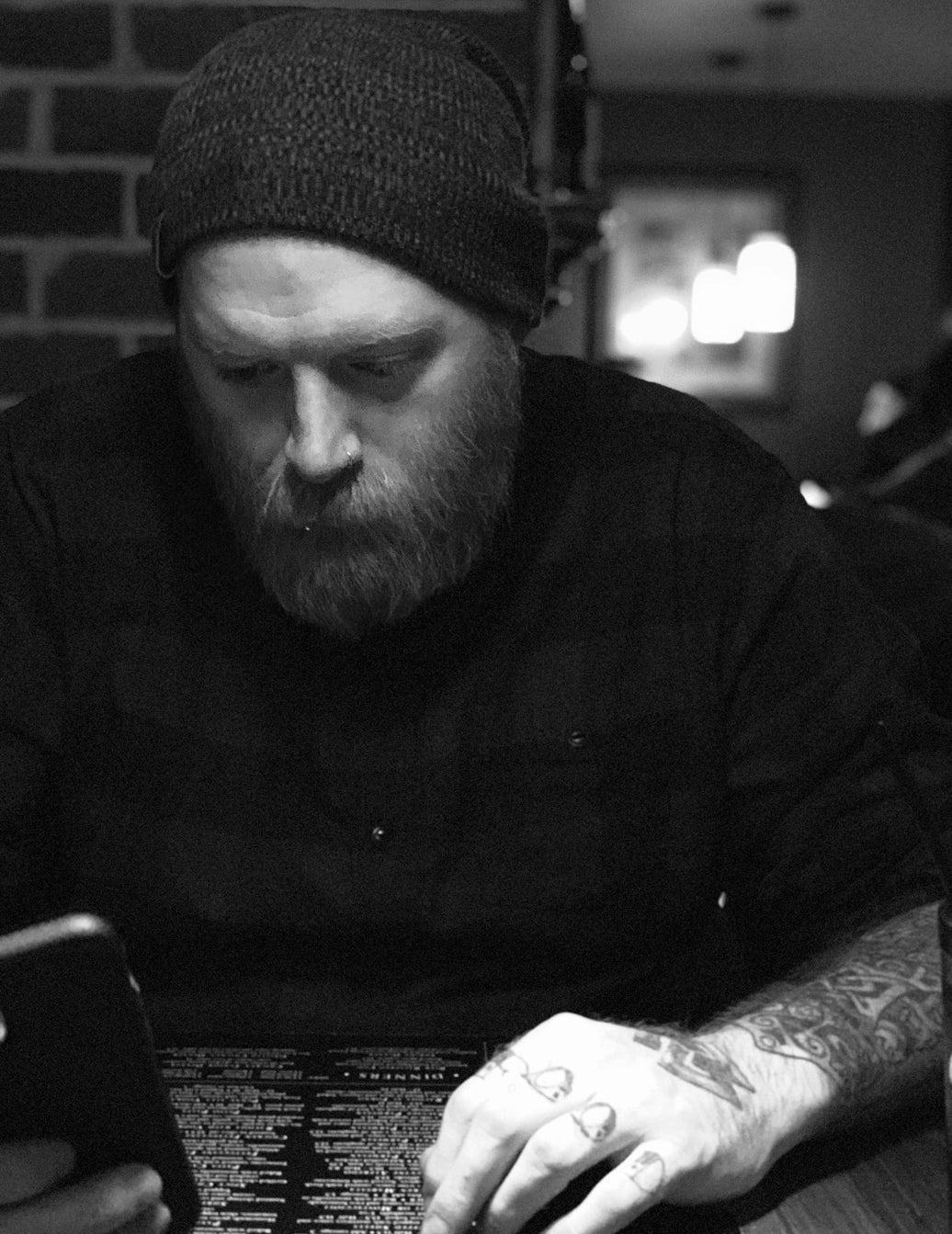
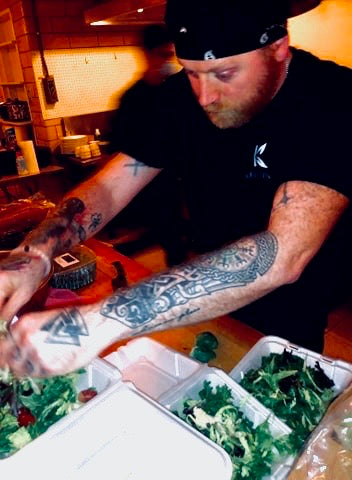


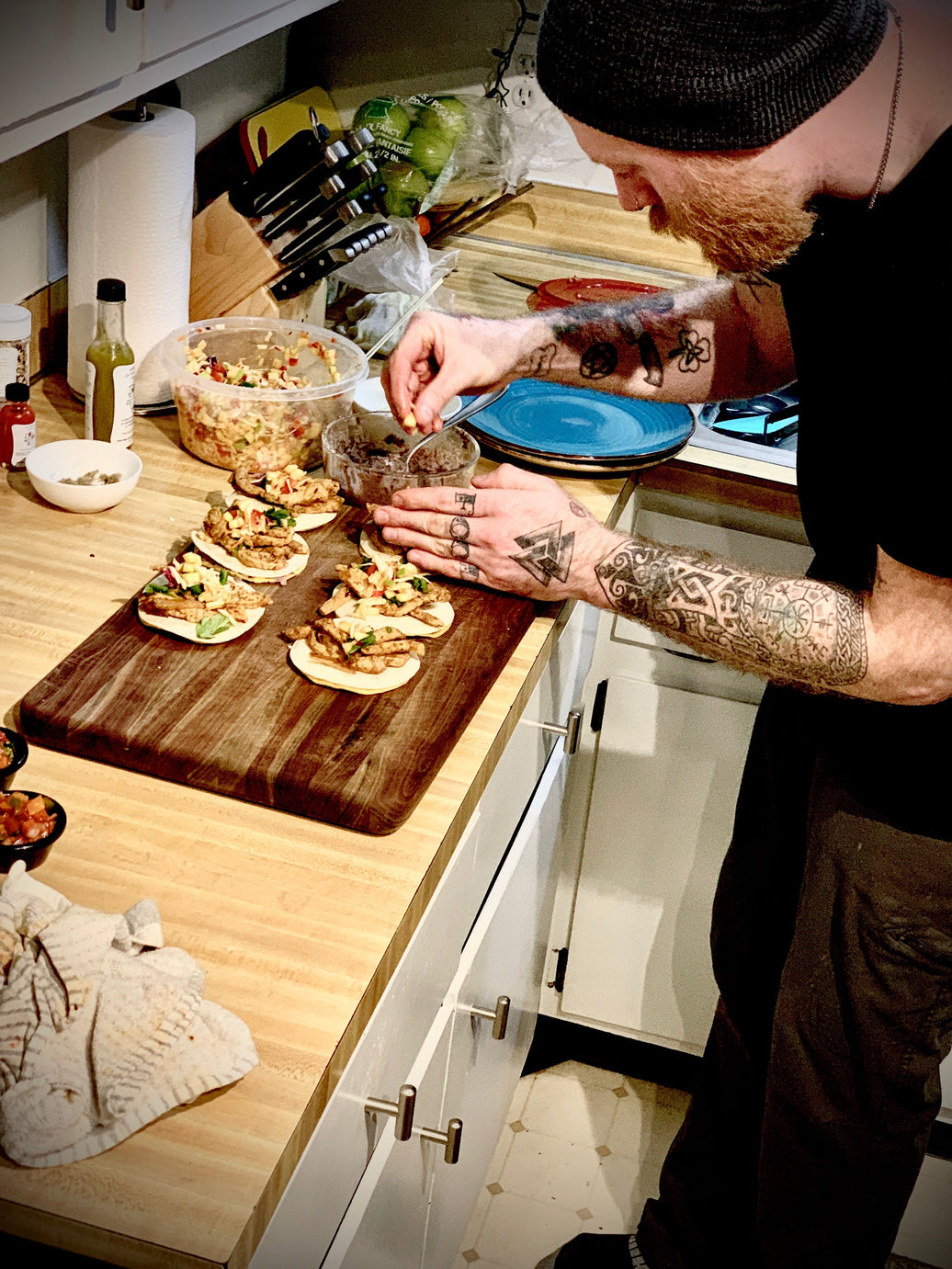
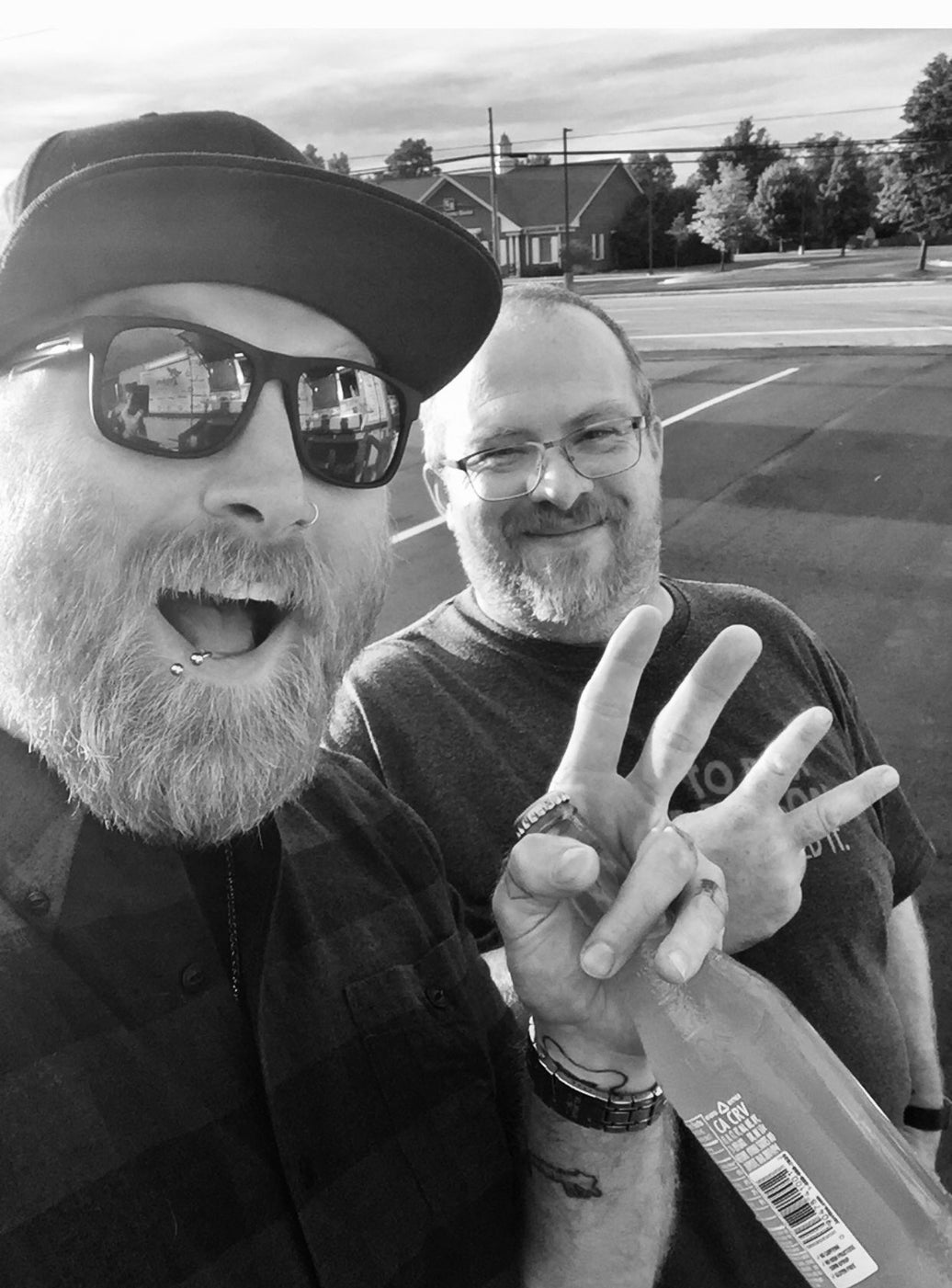
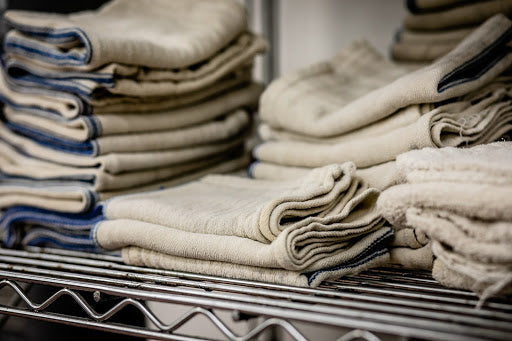




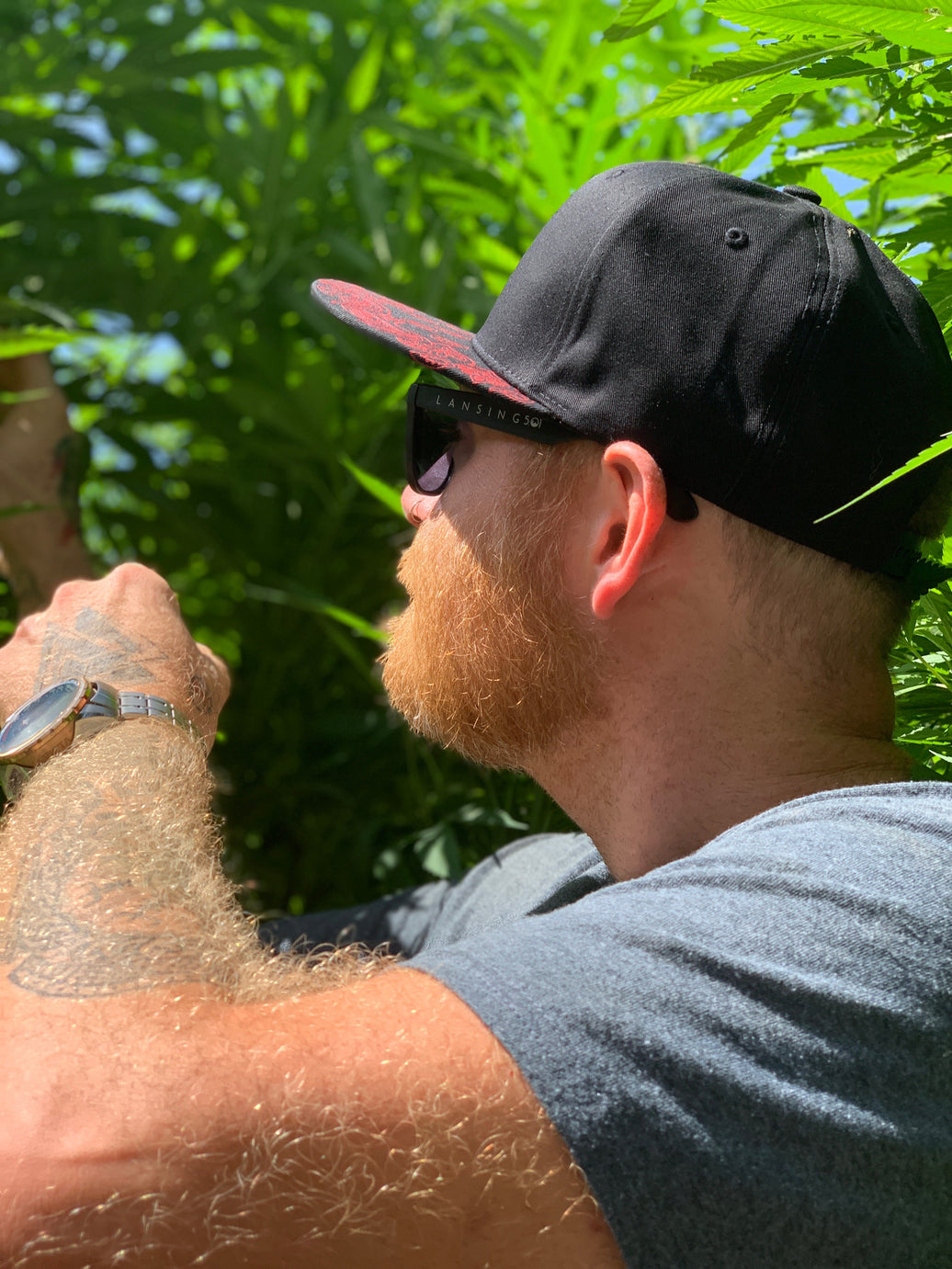
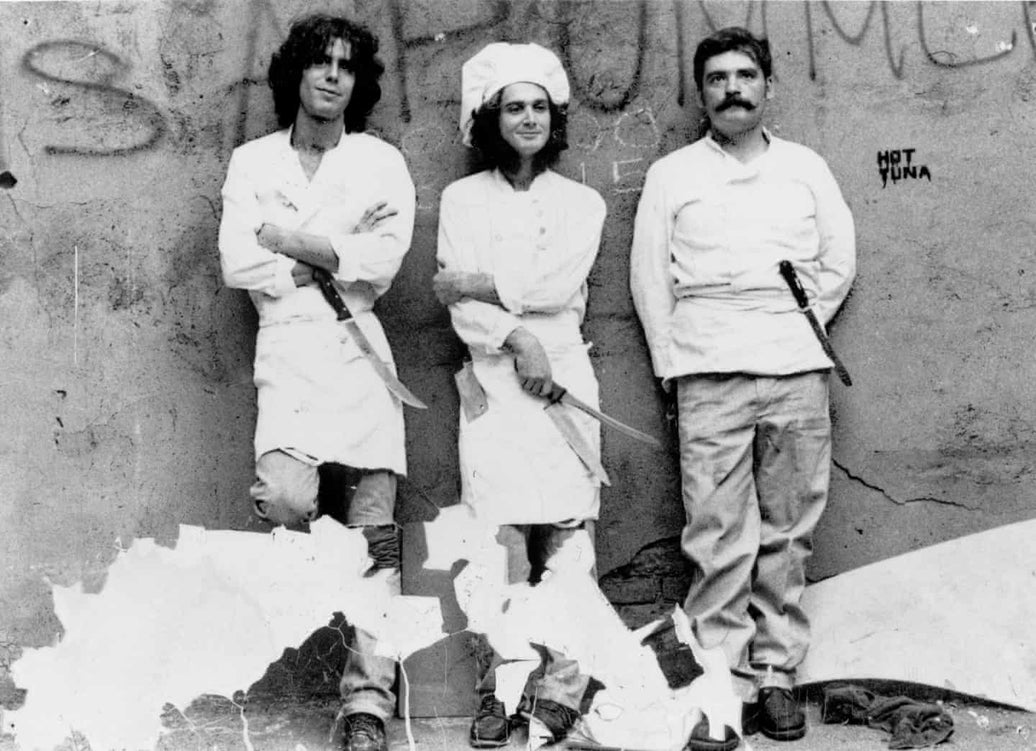

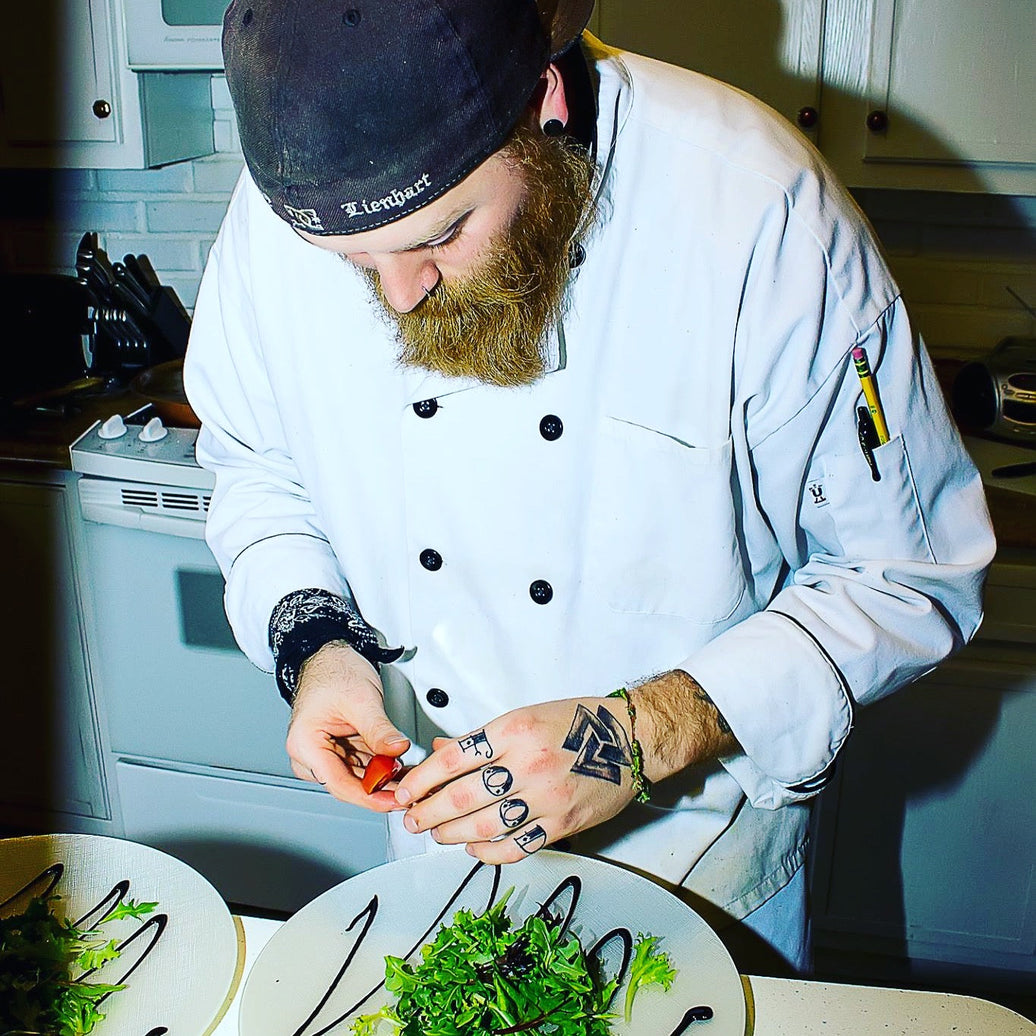
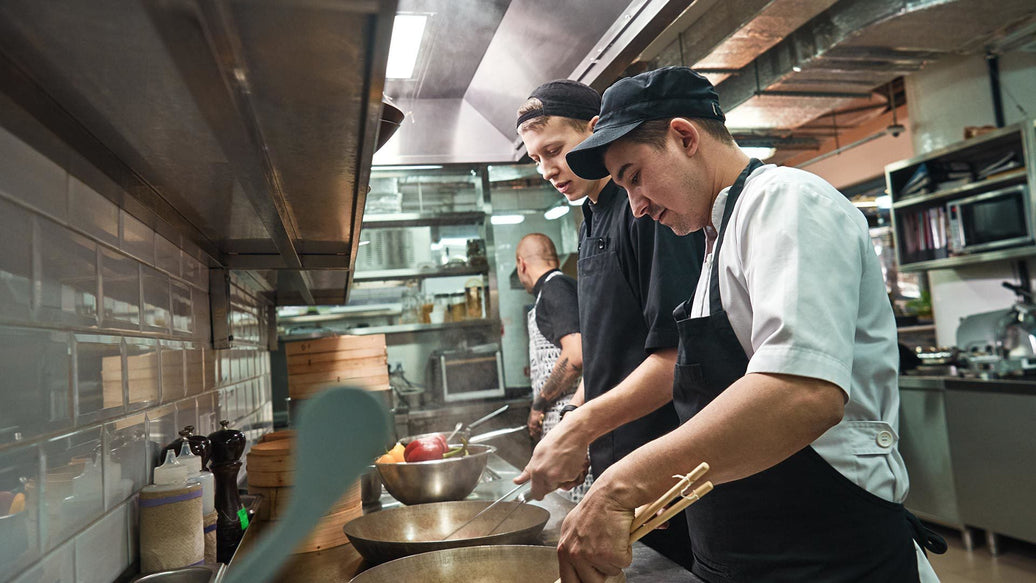
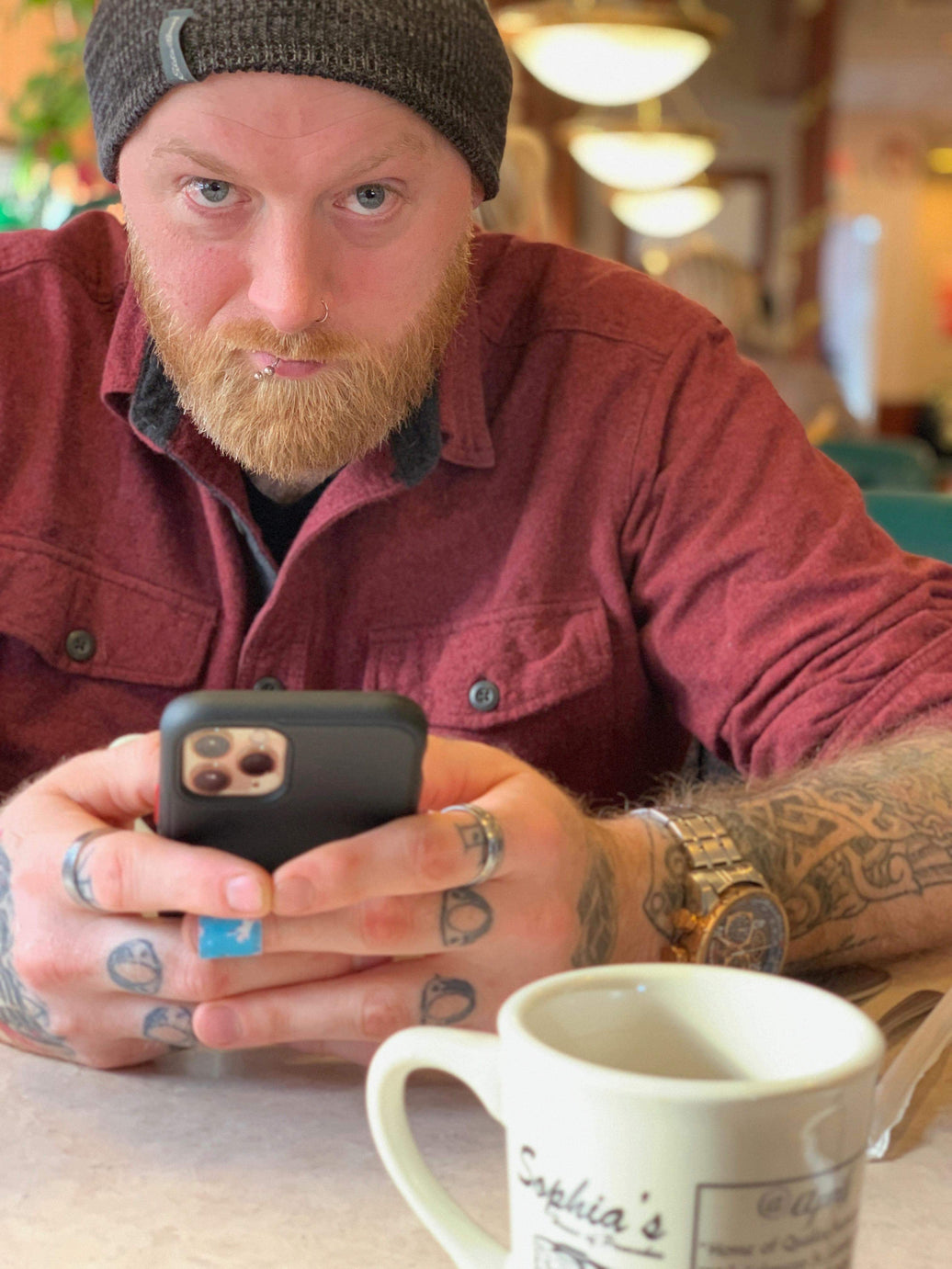
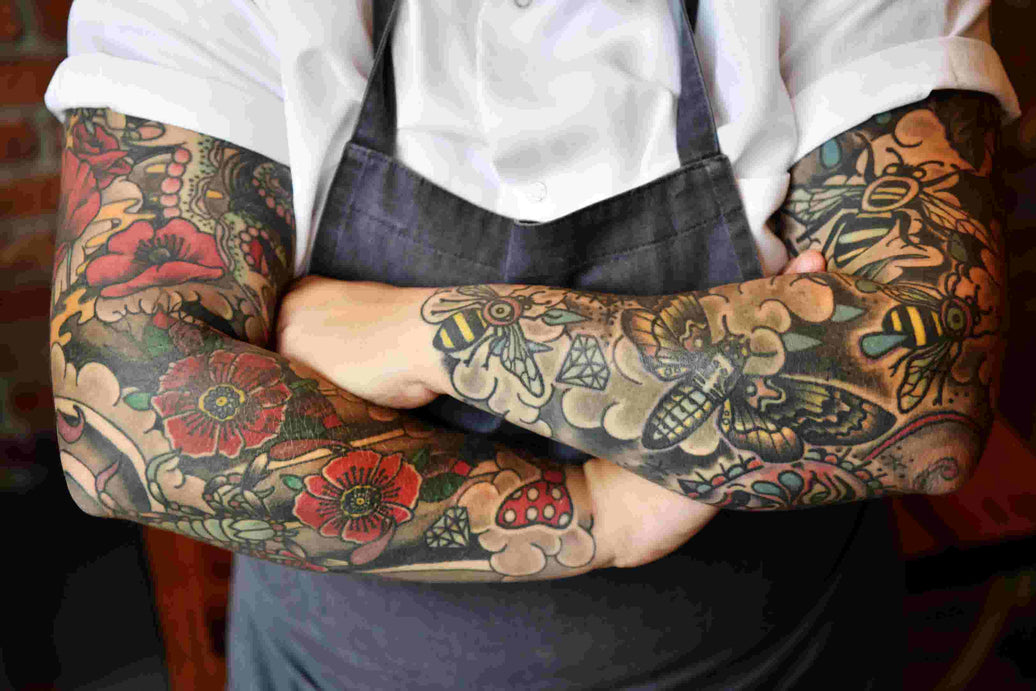
Leave a comment